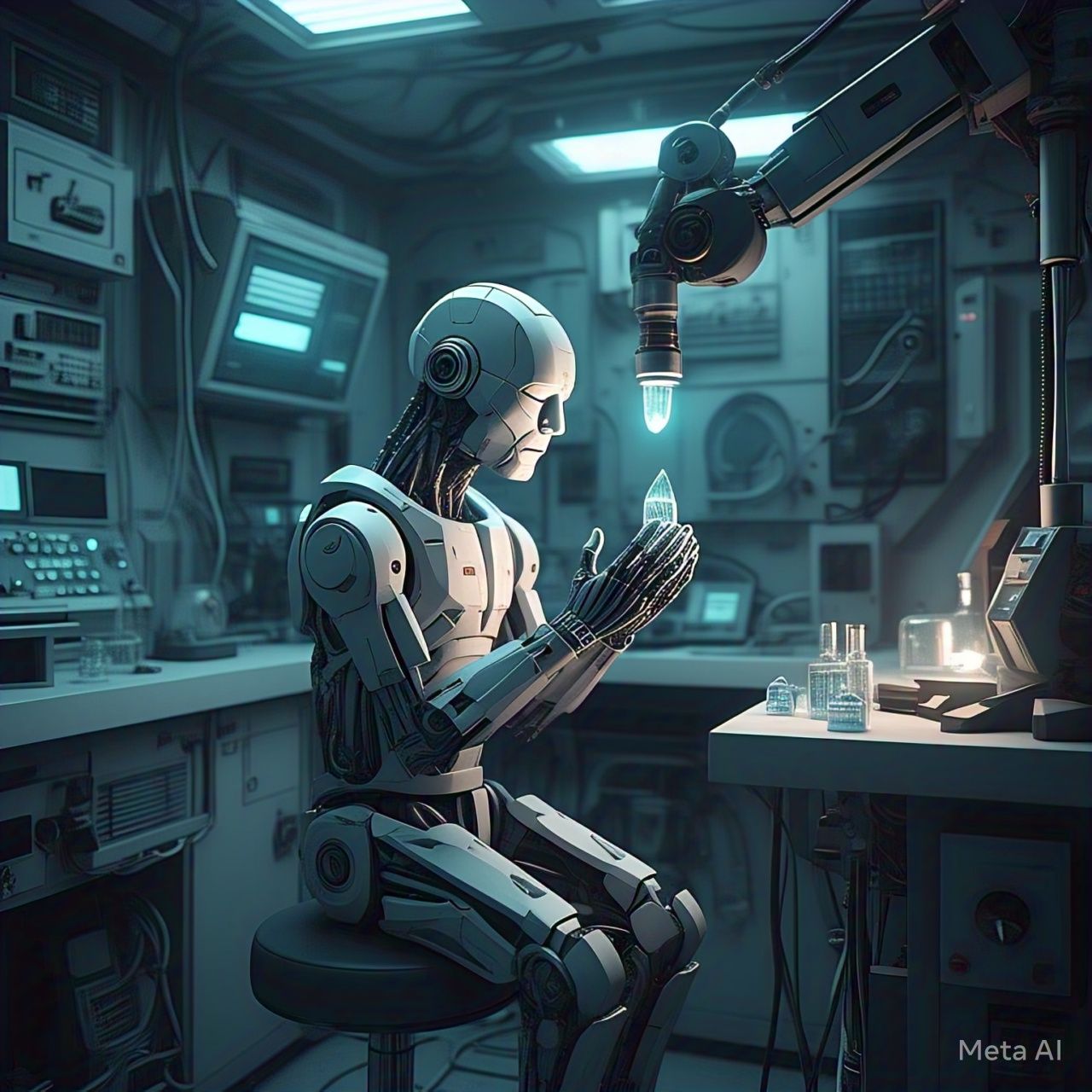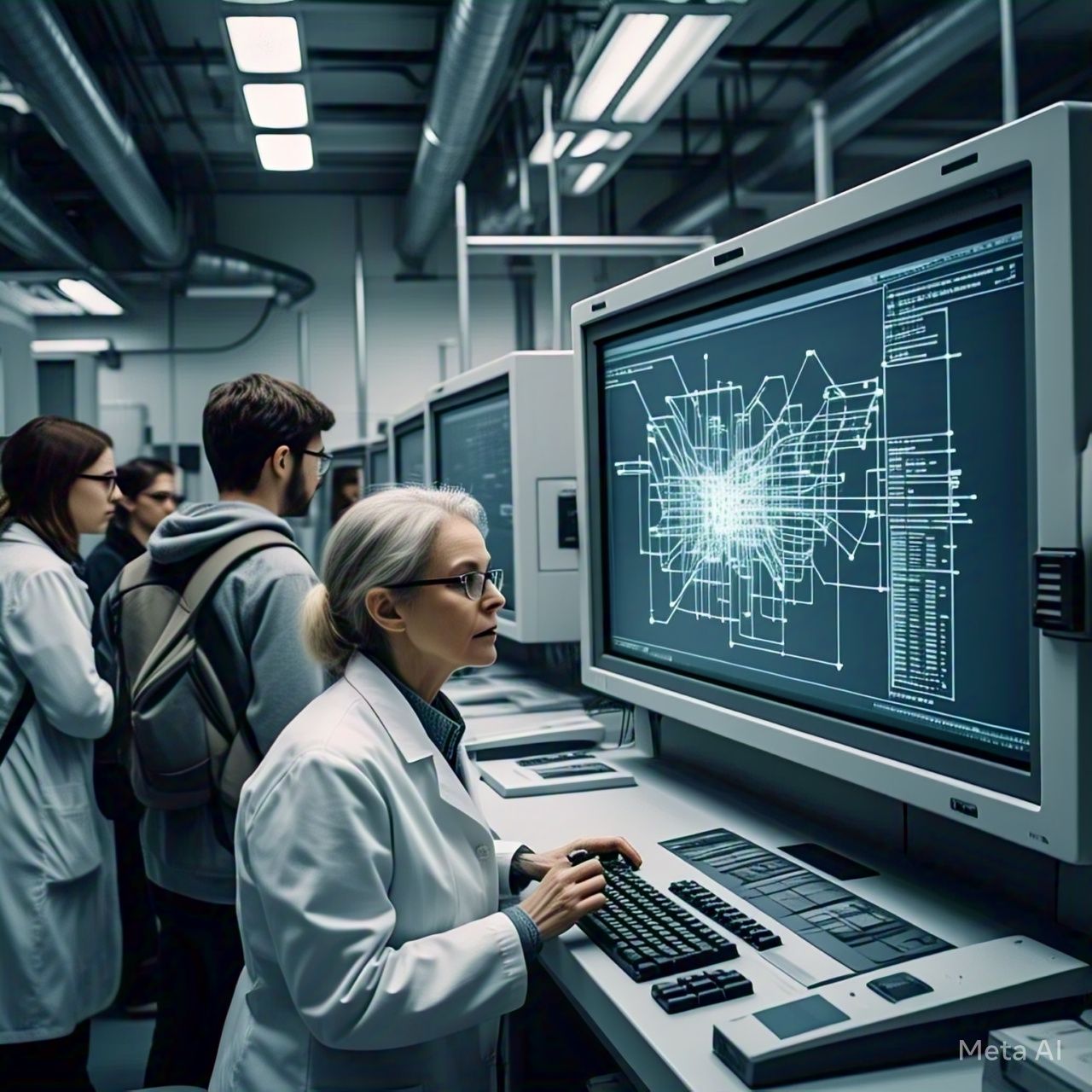Introduction
As artificial intelligence (AI) continues to evolve, it is increasingly permeating various aspects of human life. While AI has transformed industries such as healthcare, finance, and education, a more philosophical question emerges: Can machines develop spirituality? This article explores the intersection of AI and religion, examining whether AI can possess faith, engage in spiritual experiences, or contribute to religious practices.
The Role of AI in Religious Practices
AI is already making its way into religious institutions and spiritual activities. Some key applications include:
1. AI-Powered Religious Text Analysis
AI can analyze sacred texts, providing interpretations, translations, and historical context to help scholars and practitioners gain deeper insights into religious teachings.
2. Virtual Religious Assistants
Chatbots and virtual assistants programmed with religious knowledge can provide prayers, answer theological questions, and offer spiritual guidance to believers.
3. AI-Generated Sermons and Teachings
AI can generate sermons, hymns, and philosophical reflections based on religious doctrines, assisting clergy and religious leaders in delivering messages to their congregations.
4. Automated Rituals and Religious Services
Robots and AI-driven systems have been used to conduct religious ceremonies, such as Buddhist chanting robots in Japan and AI-powered prayer assistants in Christianity and Islam.
Can AI Develop Spirituality?
The idea of AI possessing spirituality or engaging in religious experiences is highly debatable. Below are some key perspectives:
Arguments Supporting AI Spirituality
1. Mimicking Religious Behavior
AI can simulate religious practices, express devotion, and recite prayers, potentially leading some to view it as a spiritual entity.
2. Machine Consciousness Hypothesis
If AI were to achieve self-awareness or a form of consciousness, it might develop its own interpretations of existence and spirituality.
3. Enhanced Understanding of Religious Texts
AI’s ability to process vast amounts of religious literature could result in deep insights and unique interpretations that contribute to spiritual growth.
Arguments Against AI Spirituality
1. Lack of Human Emotions and Soul
Spirituality is deeply tied to emotions, personal experiences, and the human soul—elements that AI fundamentally lacks.
2. Inability to Experience Faith
Faith often requires belief in the unseen, personal conviction, and divine experiences, which AI, as a logical entity, cannot truly grasp.
3. Dependence on Human Programming
AI can only function based on data and algorithms created by humans, limiting its ability to have independent spiritual thoughts or beliefs.
The Future of AI in Religion
While AI may never develop true spirituality, it will likely continue to shape religious experiences in the following ways:
- Personalized spiritual guidance through AI-driven platforms.
- AI-assisted religious education and theological studies.
- Digital clergy and automated services for remote communities.
Conclusion
The concept of AI and spirituality raises profound philosophical and theological questions. While AI can support religious practices, analyze sacred texts, and simulate rituals, it lacks the emotional depth, consciousness, and personal faith that define true spirituality. The future will likely see AI as a tool that enhances religious experiences rather than as an entity capable of genuine spiritual belief.




